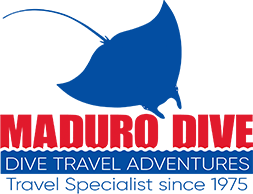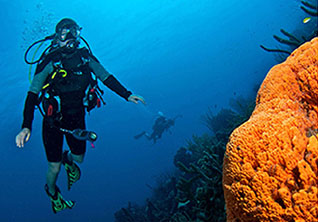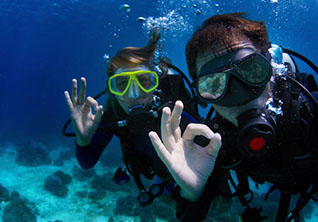In order to enjoy the many wonders and sights of the underwater world, recreational scuba divers need to become "certified." The process, which is not difficult, is however very important since diving does bring with it some inherent risks.
There are several scuba diving training organizations - PADI, NAUI and SSI are among the most popular. Each has established a set of minimum standards that need to be met for a student to become "certified."
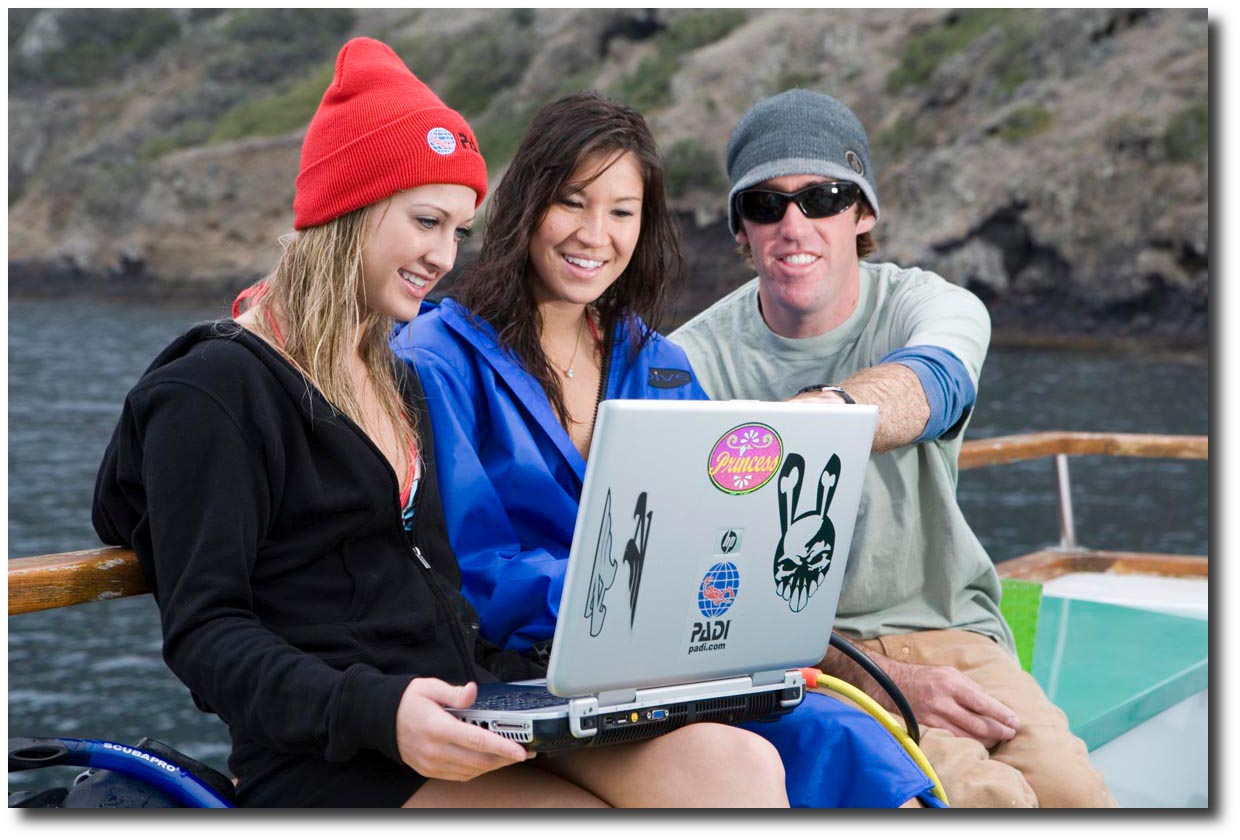
These standards include knowledge reviews about the scuba process, how to use modern scuba diving equipment and safe diving practices to name some of the top elements. The certification process, introduced as part of an Open Water Course, involves three main elements - basic knowledge and review, pool skills and equipment evaluation and open water training (or check-out) dives.
- Basic Knowledge Review: Today's modern "e-Learning" techniques and programs have made it simple for students to do the academic portion of their training in the comfort of their home or office. Any eLearning program can be easily accessed so you can learn at your pace. They include video demonstrations, academic exercises and everything necessary to become a certified scuba diver.
- Pool Skills:Â You can't become a diver without getting WET - online training can only take you so far. You can either complete the online academic portion of your training first OR work with a local dive store to complete the "pool sessions." This typically involves several sessions where you'll learn how the equipment works, how to calmly and securely breathe underwater and how to enjoy the scuba diving experience in a controlled environment.
- "Check Out Dives": The final part of your open water certification program is a series of open water dives with your instructor. During these dives, you will demonstrate your proficiency with the equipment, show your skills and expand your experience in a "non-controlled" environment.
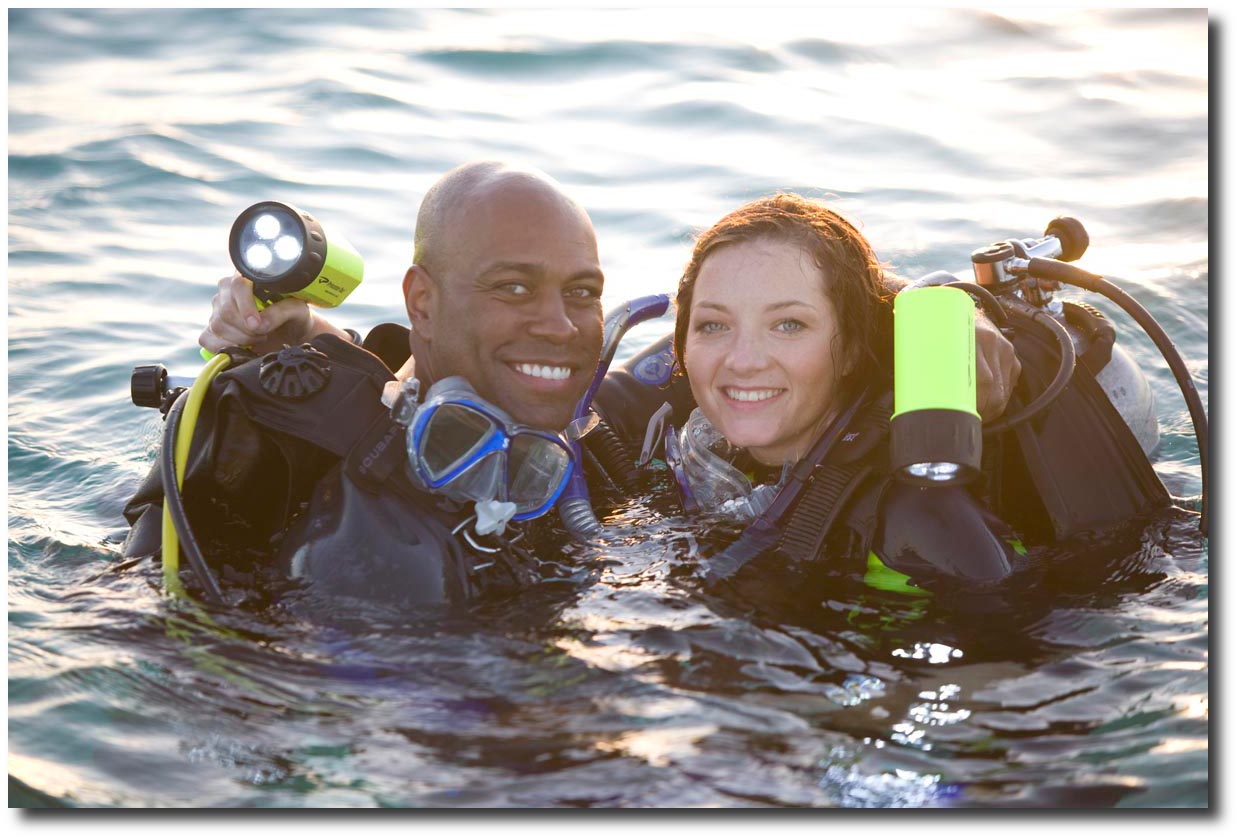
Many people ask "how long does it take to get certified?" The answer to that can be different for each individual diver. Most courses are "skills based," meaning that once you master a skill, you move on to the next. Some students pick these skills up faster than others. As a rule, most courses can be completed in a few weeks depending on the schedule and number of sessions each week.
Once you receive your Open Water certification, you are able to rent equipment and scuba dive virtually anywhere in the world. You will receive a "C-Card" with your photo on it that becomes your license to dive. Your certification has no expiration, but it's recommended that you stay current and get in the water at least once a year.
Open Water certification is just the beginning. Many divers choose to take advanced courses following their initial certification. There are many different specialty courses including Advanced Open Water, Rescue Diver, Nitrox Diver, Night Diver to name just a few.
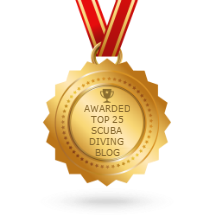
Recent Posts
- Finding the Right Dive Resort For Your Vacation
- Luxury Dive Resorts That Offer Unforgettable Experiences
- Eastern Malaysia, Sabah, Sipadan & More
- Ghost Pipefish, Pipefish, Seahorses, and Sea Dragons
- Australia Queensland and the Great Barrier Reef
- Tioman Islands, Malaysia
- The Riviera Maya
- The Peter Diving System
- The Bay Islands, Roatan, Utila, Guanaja, and more.
- The Cuttlefish; The Undisputed Master of Camouflage.
Categories
- Australia
- Bahamas
- Bay Islands
- Belize
- Blue Hole
- Bonaire Diving
- Borneo
- Cayman Brac
- Cayman Islands
- Cozumel
- Curacao
- Cuttlefish
- Dive Destinations
- Dive Equipment
- Dive Liveaboards
- Dive Resorts / Properties
- Dive Travel
- Dive Travel Deals
- Diver Wellness
- Dolphins
- Dominica
- eagle rays
- Eagle Rays
- Family Travel
- Fiji
- Galapagos Islands
- Great White Shark cage diving
- Guanaja
- Honduras
- Indonesia
- Infographics
- Isla Mujeres
- Learning to Dive
- Little Cayman
- Maduro Dive Newsletter
- Malaysia
- Maldives
- Manta Rays
- Marine Life
- Mexico
- Micronesia
- Muck Diving
- Myamar
- Palau
- Papua New Guinea
- Pelagics
- Philippines
- Pinnacles
- Polynesia
- Reefs
- Riviera Maya
- Roatan
- Saba
- Sabah
- Scuba Diving
- Scuba Gear Reviews
- Scuba News/Events
- Scuba Training & Education
- Sea Legends
- sea lions
- Sea of Cortez
- Sharks
- Single Travel
- Sipadan
- Socorro Islands
- South Africa
- Specialties
- ST. Kitts
- Stingrays
- Tahiti
- Thailand
- The Bucket List
- Tobago
- Truk Lagoon (Chuuk)
- Turks and Caicos Islands
- Turtles
- Uncategorized
- Underwater Photography
- Underwater Video
- Utila
- Walls
- Whale Sharks
- Whales
- Wreck Diving
- Wrecks
- Yap
Archives
- June 2025
- January 2024
- April 2023
- March 2020
- March 2019
- January 2019
- November 2018
- September 2018
- July 2018
- May 2018
- March 2018
- January 2018
- October 2017
- September 2017
- June 2017
- April 2017
- February 2017
- January 2017
- October 2016
- August 2016
- July 2016
- May 2016
- March 2016
- February 2016
- January 2016
- December 2015
- August 2015
- June 2015
- April 2015
- January 2015
- November 2014
- July 2014
- April 2014
- February 2014
- December 2013
- November 2013
- October 2013
- September 2013
- August 2013
- July 2013
- June 2013
- May 2013
- April 2013
- March 2013
- February 2013
- January 2013
- December 2012
- November 2012
- October 2012
- September 2012
- August 2012
- July 2012
- June 2012
- May 2012
- April 2012
